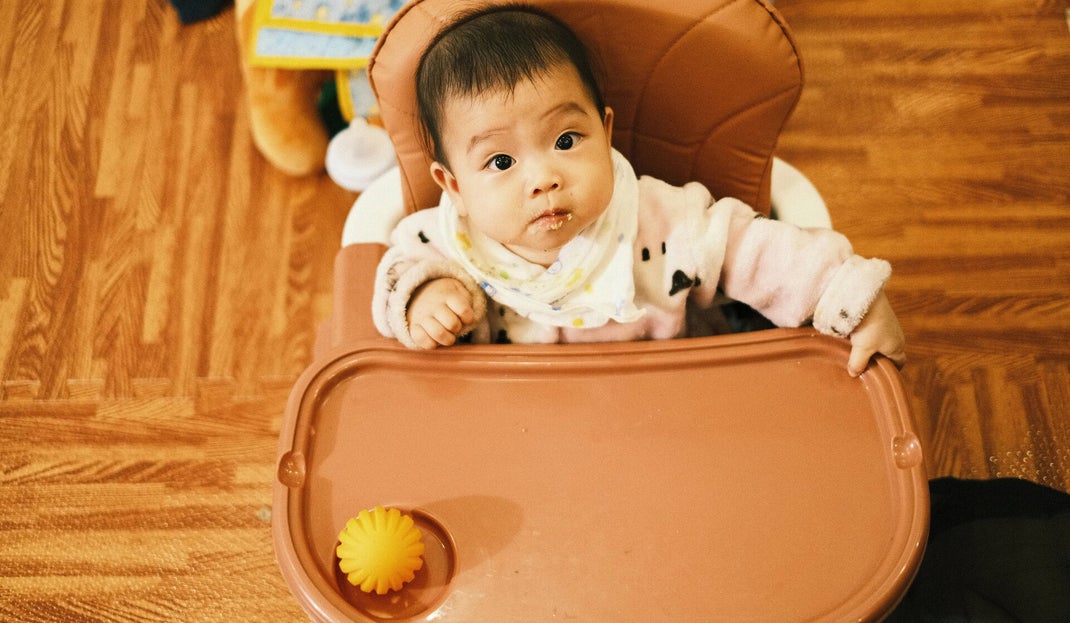Day 10: Supporting Language Through Care Routines
Date: 20-06-2025
Focus: Communication, Care, Inclusion, and Intentional Teaching

Today, I focused on encouraging early communication during morning tea. I tried to use calm tone, eye contact, and simple words to label actions and objects like “Wipe your hands,” “That’s your watermelon.” This aligns with EYLF V2.0 Outcome 5.1 – Children interact verbally and non-verbally for a range of purposes (AGDE, 2022) and supports language development in the pre-verbal stage.
This also reflected intentional teaching, as I included language-rich interactions into routine care. I responded to gestures and vocalisations with interest, reflecting NQS QA1.2.1: Intentional teaching in practice (ACECQA, 2020). Consistent, responsive language use during everyday care builds vocabulary and communication foundations in infants (Levickis et al., 2023)
I showed the dimensions of professionalism by being emotionally present, respectful, and collaborative, asking my mentor for feedback on my tone and engagement. I also followed Regulation 155, ensuring all interactions were positive and developmentally right (ACECQA, 2020).
Inclusive practice was shown by using visual cues like pointing and showing alongside words for a child new to english language. This links with AITSL Standard 1.5: supporting learners with diverse needs (AITSL,2017). I adapted my approach based on the child’s responses which is some preferred gentle touch, others responded better to singing showing respect for individual learning styles and exceptionality.
While today’s routines did not include Aboriginal or Torres Strait Islander content, I would include a set of culturally inclusive visual cards with images of native animals and local foods for future routines. This supports QA6.2.3: community engagement and includes cultural competence meaningfully (ACECQA, 2020).
During afternoon tea, I noticed each child’s eating habits and emotional state and provide educators information to pass on for families. This strengthened family partnerships by giving insights into children’s preferences and wellbeing which aligned with QA6.1.1: Respectful supportive relationships with families (ACECQA, 2020).
Reflecting on the day, I discovered how important everyday moments are for learning. I will continue to further extend these language-rich routines with songs, gestures, and naming games to build secure relationships and foundational communication skills.